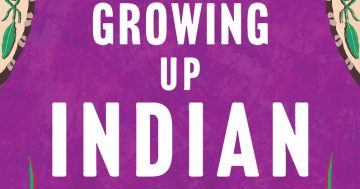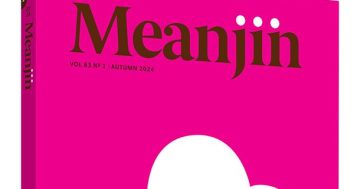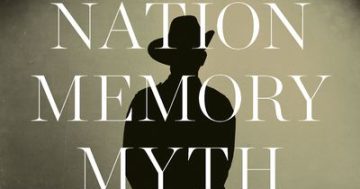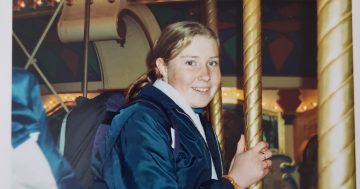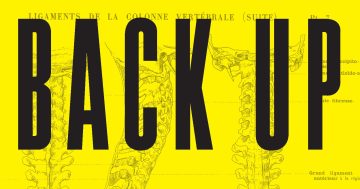Reviewed by Robert Goodman.
By Ted Chiang, Pan MacMillan, $29.99.
 Ted Chiang is a science fiction story writer with a low but highly impressive output. Many of his fifteen short stories have won multiple awards. Stories of Your Life was adapted into the movie Arrival and was the title piece of his first short story collection. Exhalation is the second collection of Chiang stories. It contains formerly published pieces and two new works. It is a varied, challenging and breathtaking example of his range.
Ted Chiang is a science fiction story writer with a low but highly impressive output. Many of his fifteen short stories have won multiple awards. Stories of Your Life was adapted into the movie Arrival and was the title piece of his first short story collection. Exhalation is the second collection of Chiang stories. It contains formerly published pieces and two new works. It is a varied, challenging and breathtaking example of his range.
Time travel and the idea of predestination get a work out in the award winning The Merchant and the Alchemist’s Gate and the short but pointed What’s Expected Of Us. The first provides a time travel story, or series of stories, with an Arabian Nights feel. While the paradoxes mount, there is a really strong emotional through-line which kicks in as the story concludes. The title story, Exhalation, also an award winner, is an existential piece that considers the concept of entropy. There is plenty that remains unexplained here but this is not to the detriment of the concepts that Chiang is seeking to explore. Again, Chiang manages to deliver a surprising amount of emotional depth and resonance in this tale.
Following this is the centrepiece of this collection, a novella called The Lifecycle of Software Objects. In this story Chiang deeply explores the idea of artificial intelligence and our relationship to it. But along the way he considers other related issues that feel like a contemplation of parenthood and in particular issues associated with parenting a child with learning needs or disability. There are no bells or whistles in this story but a fascinating consideration of these issues.
The final three stories further demonstrate Chiang’s range of thinking. A short piece is the history of a steampunk-style nanny automaton that alludes to the very real issue of the relationship of young children to technology. Omphalos plays with a notion of an alternative Earth that is in fact only 6000 years old and the impact this has on theology. And the last story takes the idea of multiple world theory and considers how different our other selves might actually be if we could communicate with them.
This second collection of Chiang’s works shows a short story writer using the form effectively to explore a range of classic science fiction tropes – time travel, multi world theory, artificial intelligence, predestination and steampunk. Short notes at the end of the book give additional insight into what Chiang was hoping to achieve in each tale. These are short stories, so readers should not go in expecting deep characterisation or fully fleshed out worlds. They should be seen as windows into worlds, as brief consideration of ideas. The shorter stories pack some punch and while the longer stories have a sameness of style and sometimes feel a little flat, their strength is in the ideas that Chiang brings to the table and the way he explores them.
This and 300 more reviews can be found at Pile By the Bed.



